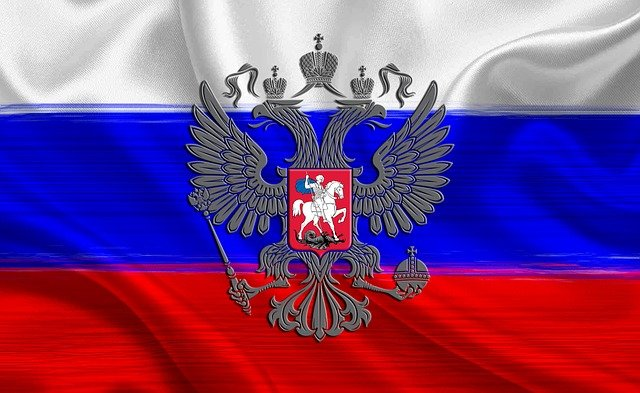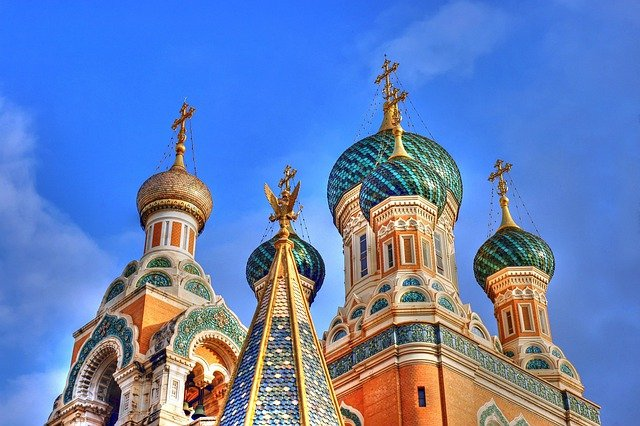In March this year, Russian politician Denis Voronenkov was shot dead in broad daylight on a busy street in Kyiv. While the assailant has not yet been identified, many believe that the killing was politically motivated – a contract hit ordered by Russian president Vladimir Putin.
This is the latest in a long line of Russian oligarchs who have met an untimely end. How many have been killed, and why are they being targeted? Read on to find out.
Also read:Do Russian Oligarchs Own Planes?

Image credit: pixabay.com
Overview Of Russian Oligarchs And Their Role In Russian Politics
In what seems like a never-ending cycle, oligarchs in Russia amass great wealth, often corruptly, and then are either killed or pushed out of power. This has been happening since the early days of the Russian Empire and continues today.
Vladimir Lenin famously said that the capitalists would sell him the rope to hang himself, which is exactly what happened. The oligarchs were instrumental in financing the Bolshevik Revolution and were promptly wiped out once the Communists came to power.
Stalin continued this trend, killing or exiling any oligarch who got too big for his britches. Even today, oligarchs are not safe from Putin’s wrath.
Those who have fallen out of favor have been imprisoned, exiled, or killed. It is a dangerous game to be an oligarch in Russia, but one that can be very lucrative as long as you stay on Putin’s good side.
Also read: How Do Russian Oligarchs Make Their Money?
Number Of Russian Oligarchs Who Have Been Killed Or Died Under Mysterious Circumstances
Since the early 1990s, many Russian oligarchs have been killed or died under suspicious circumstances. While the exact number is unclear, it is believed that at least a dozen oligarchs have met this fate.
Among those who have met an untimely end are Magnitsky Act architect Sergei Magnitsky, media mogul Vladimir Gusinsky, and bank founder Ivan Kivelidi. In most cases, the motive for these murders appears to be business-related.
With so much money at stake, it is not surprising that oligarchs would resort to violence to gain an advantage over their rivals. However, some experts believe that the Russian government may also be behind some of these killings to silence potential opponents. Whatever the truth, it is clear that being an oligarch in Russia can be a dangerous business.

Image credit: pixabay.com
Causes Of Death For These Individuals
In recent years, there has been an uptick in the number of Russian oligarchs killed. Here is a look at some of the most notable cases:
Boris Berezovsky: He was found dead in his London home in 2013. The official cause of death was inconclusive, but it is believed that he may have committed murder-suicide.
Mikhail Khodorkovsky: He was convicted of tax evasion and embezzlement in 2005 and sentenced to nine years in prison. He was released in 2013 and now lives in exile in London. Sergei Magnitsky: He was an accountant who uncovered a massive tax fraud scheme. He was arrested and later died in prison under mysterious circumstances.
Alexander Litvinenko was a former KGB agent who defected to the UK. He was poisoned with a radioactive isotope and died three weeks later.
Boris Nemtsov: He was a strong critic of Vladimir Putin. He was gunned down in Moscow in 2015.
Nikolai Glushkov: He was a close friend of Boris Berezovsky and had also been critical of Vladimir Putin. He was found strangled to apparent suicide death in his London home in 2018.
As you can see, there has been a disturbing trend of Russian oligarchs being killed over the past few years. While the exact cause of death may vary, it is clear that these individuals have been targeted for their political beliefs or their ties to powerful people.
In many cases, their deaths remain in mystery, making it difficult to hold those responsible accountable. As the number of oligarchs killed continues to rise, it is important to keep tabs on this trend and ensure that justice is served.
Also read: Who Are The Top 10 Richest Russian Oligarchs?
Implications For The Future Of Russian Politics
In recent years, several Russian oligarchs have been killed in mysterious circumstances. While the motives for these murders are not always clear, they have nonetheless had a significant impact on the political landscape of Russia.
The death of Boris Berezovsky in 2013, for example, removed one of the most vocal opponents of Vladimir Putin from the political scene. Meanwhile, the murder of Mikhail Khodorkovsky in 2010 dealt a significant blow to the opposition movement in Russia.
And the assassination of Nikolai Galkin in 2015 sent a strong message to other wealthy Russians that the Kremlin was not afraid to use force to consolidate its power. As such, the killings of Russian oligarchs have had far-reaching implications for the future of politics in Russia.
With the oligarchs out of the picture, Putin and his allies can now tighten their grip on power with far less resistance. And as long as the Kremlin continues to target its opponents with impunity, it is unlikely that any significant challenge to Putin’s rule will emerge shortly.
Frequently Asked Questions
Who Are The Russian Oligarchs?
The Russian oligarchs are a class of wealthy businessmen and politicians who have gained influence and power in Russia since the fall of the Soviet Union. Many made their fortunes by acquiring state-owned assets at bargain prices and selling them for huge profits. Others have used their political connections to amass vast wealth.
Also read: Russian Oligarchs Canada
What Is The Cause Of Death For These Individuals?
The exact cause of death for these individuals is often unclear, but it is believed that they may have been killed for their political beliefs or their ties to powerful people.
What are the implications of these killings for the future of Russian politics?
The killings of Russian oligarchs have had far-reaching implications for the future of politics in Russia. With the oligarchs out of the picture, Putin and his allies can now tighten their grip on power with far less resistance. And as long as the Kremlin continues to target its opponents with impunity, it is unlikely that any significant challenge to Putin’s rule will emerge shortly.
Also read: What Is Eugene Shvidler’s Net Worth?

Image credit: pixabay.com
Conclusion
In sum, it is difficult to determine how many Russian oligarchs have been killed because of their wealth or political affiliations. However, we can say that the number is likely more than two and less than a dozen.
While definitive proof may never be established in some of these cases, it is clear that Putin has no qualms about ordering the execution of those who cross him. What do you think? Are Putin’s tactics too brutal, or is he simply defending Russia from enemies within and without? Let us know what you think in the comments below.

